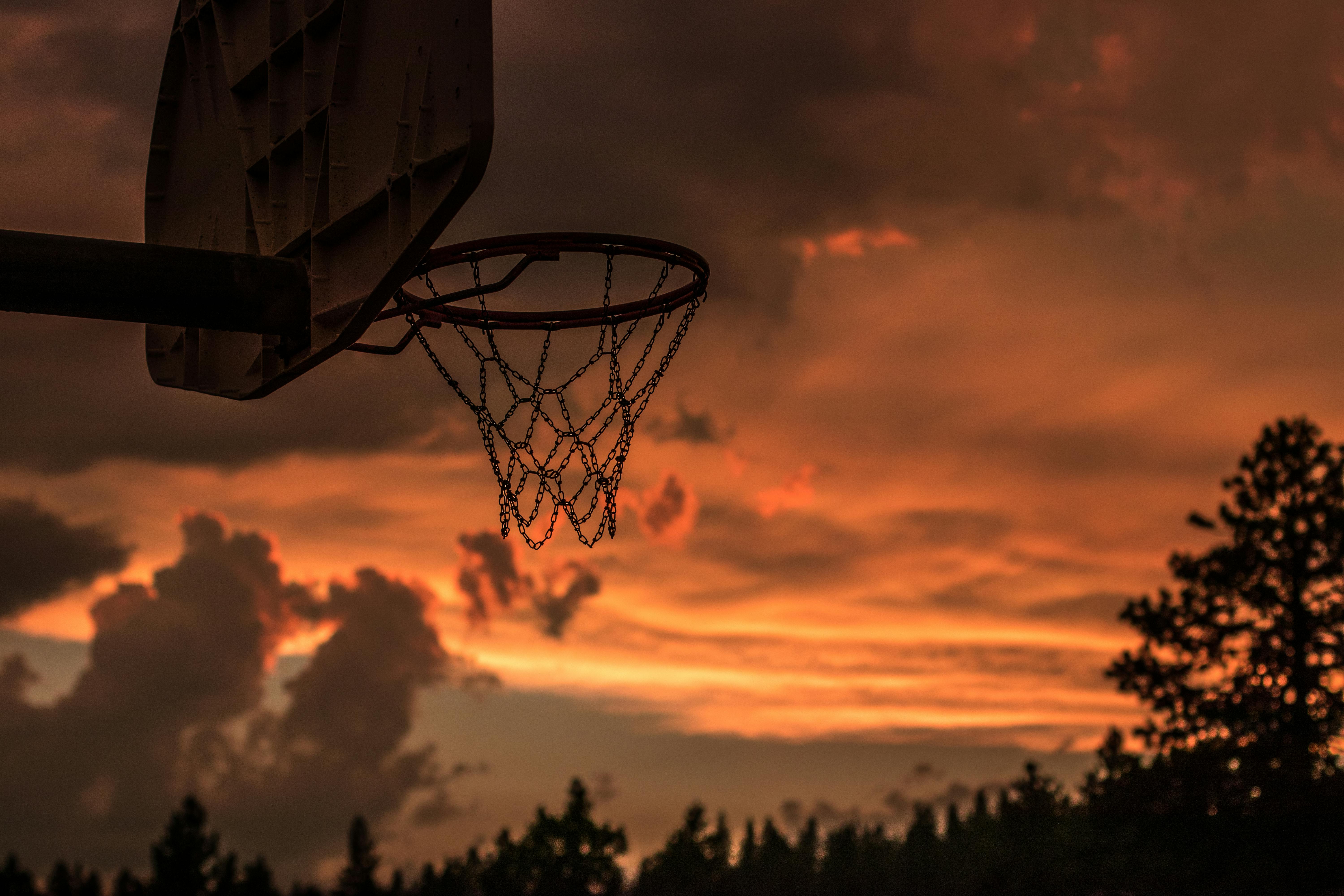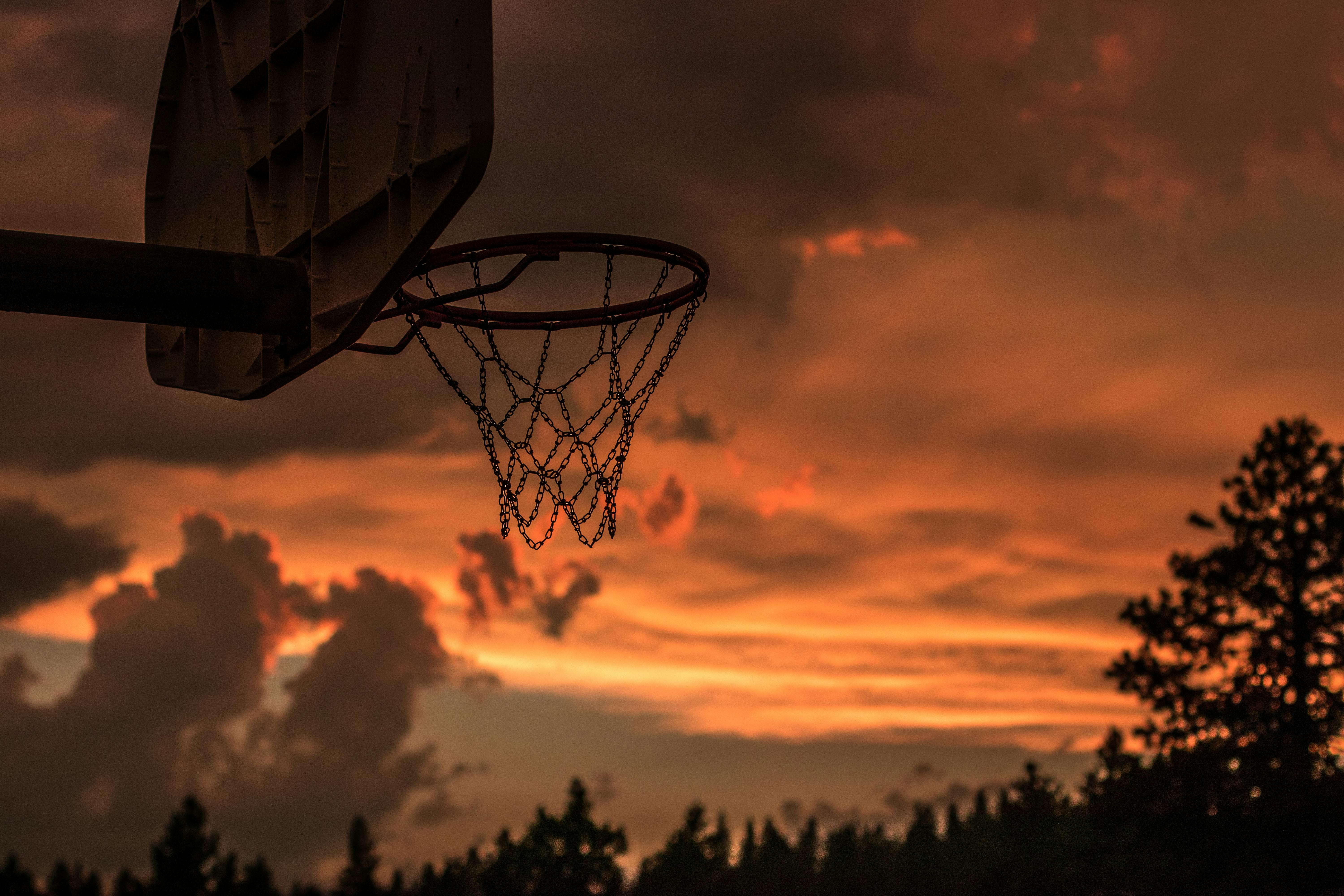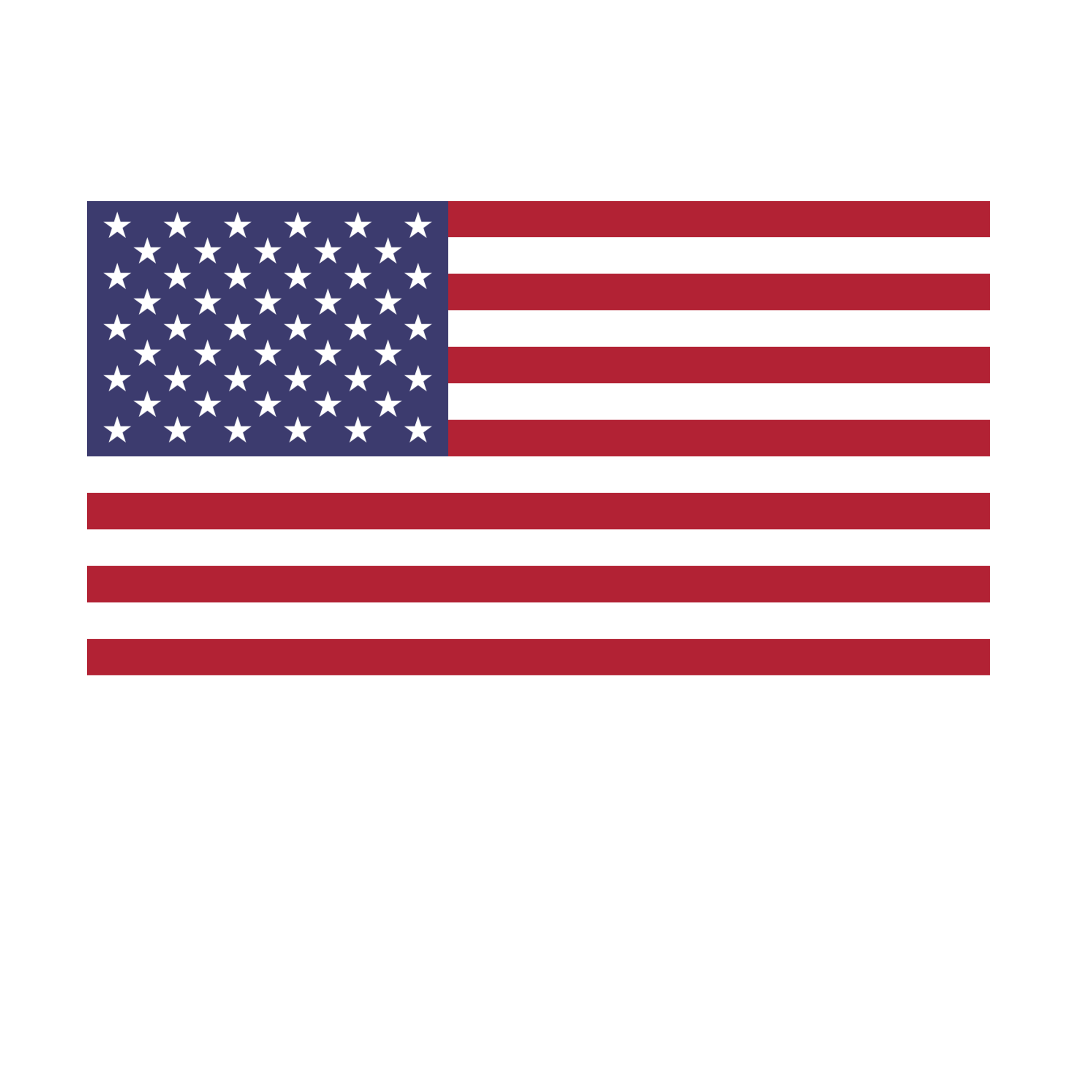
With the summer fast approaching, it’s the perfect time to add a basketball court to your backyard. Our experts from Spartan Sport Services, LLC, have come up with tips on how to choose the right basketball court surface in Michigan.
Different Types of Basketball Courts
Let’s take a look at the different materials used for surfacing basketball courts:
Hardwood Courts
Typically made of maple wood, hardwood courts are the gold standard in basketball. Renowned for their consistent bounce and smooth texture, hardwood surfaces offer excellent grip, enabling players to execute swift movements, such as dribbling, with precision.
Hardwood courts demand meticulous upkeep, including regular sanding, refinishing, and monitoring for moisture levels.
Asphalt Courts
Common in outdoor settings, asphalt courts, made of a combination of fine sand and oil, offer durability and cost-effectiveness. Keep in mind that their rough texture may affect ball bounce and player movement, leading to a less predictable playing experience.
Asphalt courts require regular maintenance to address cracks, potholes, and surface irregularities. Sealcoating and patching are needed to extend the lifespan of the court and ensure player safety.
Rubber Courts
Rubber courts offer excellent traction and impact absorption, reducing the risk of slips, falls, and joint injuries.
Rubber courts are relatively low maintenance, requiring periodic cleaning and inspection for damage or wear. Resurfacing may be necessary over time to restore the court's appearance and performance.
Courts with Multi-Purpose Plastic Surfacing
Multi-purpose plastic surfacing combines the sturdiness of asphalt and concrete for a reliable foundation, while the upper surface layer is tailored to meet specific performance requirements.
Here's a closer look at the materials commonly used for the upper surfacing of multi-purpose courts:
● Acrylic: Acrylic provides a comfortable playing surface with excellent grip, reducing the risk of slips and falls. Additionally, acrylic surfaces offer resistance to weathering and UV exposure.
● Tartan: Tartan offers maximum grip to players, enhancing safety and performance during intense games.
● Polyurethane: This is a popular choice due to polyurethane’s low cost and high resilience.
Choosing a Basketball Court Surface Perfect for Michigan
When choosing a basketball court surface, keep these characteristics in mind:
● Durability
● Performance
● Safety
● Weather Resistance
● Maintenance Requirements
Given Michigan’s range of weather conditions, including cold winters, hot summers, and fluctuating humidity levels, the ideal court surface should be able to withstand these extremes while maintaining optimal performance and safety.
Synthetic surfaces, such as acrylic or polyurethane, are well-suited to Michigan's climate. These courts are designed to withstand temperature variations, moisture, and UV exposure, making them durable and weather-resistant.
Rubber court surfaces can withstand temperature fluctuations without warping or cracking, making them ideal for Michigan's changing weather patterns.
While asphalt courts may not offer the same level of weather resistance as synthetic or rubber surfaces, they can still be a viable option for Michigan with proper maintenance. Sealcoating asphalt courts helps protect the surface from moisture penetration, UV damage, and temperature extremes.
If you’re looking for a local, trusted contractor that can install your basketball court this summer, look no further than our team at Spartan Sport Services, LLC. Contact us today to get started!



Post a Comment